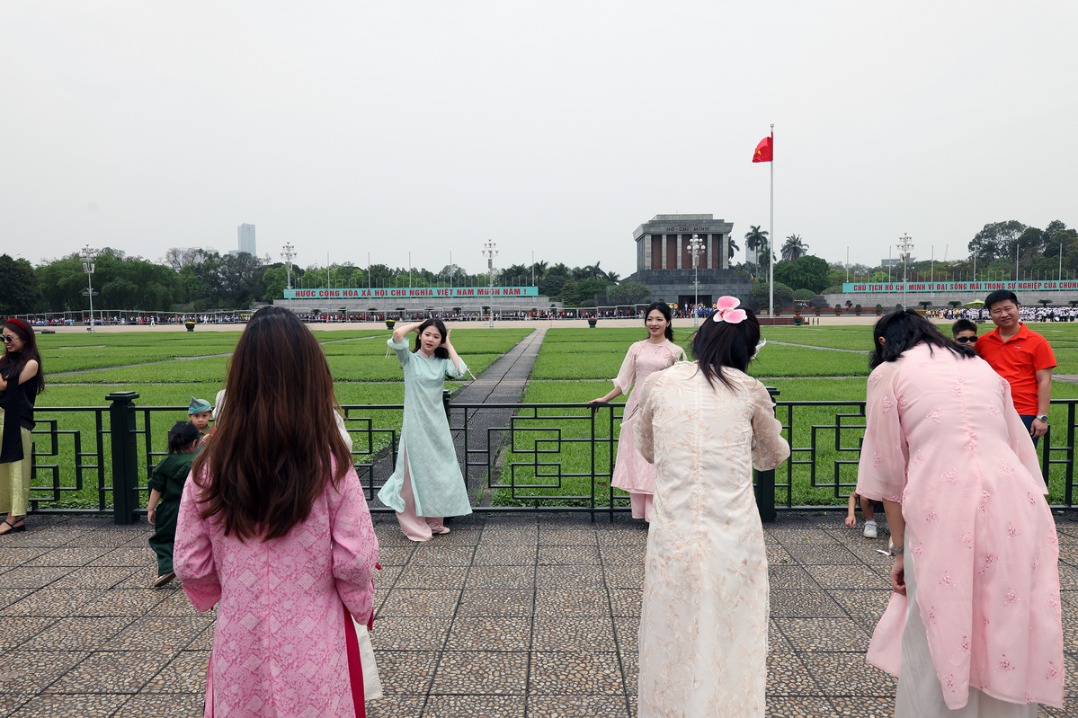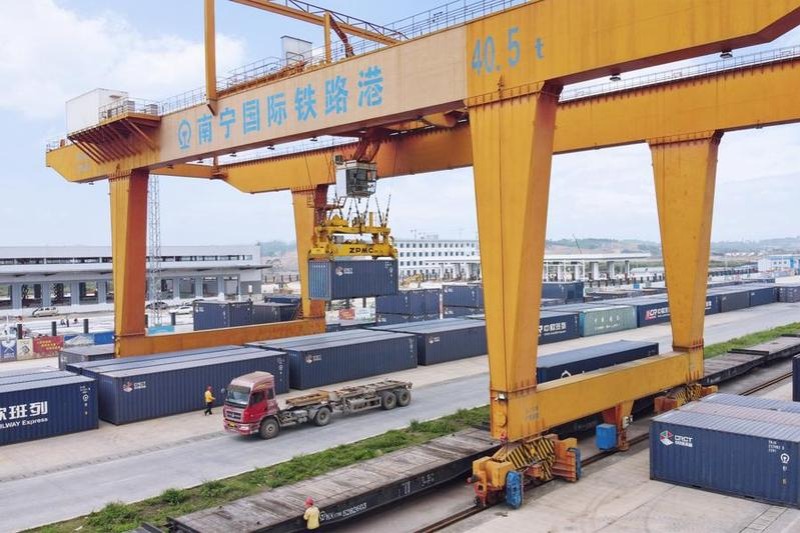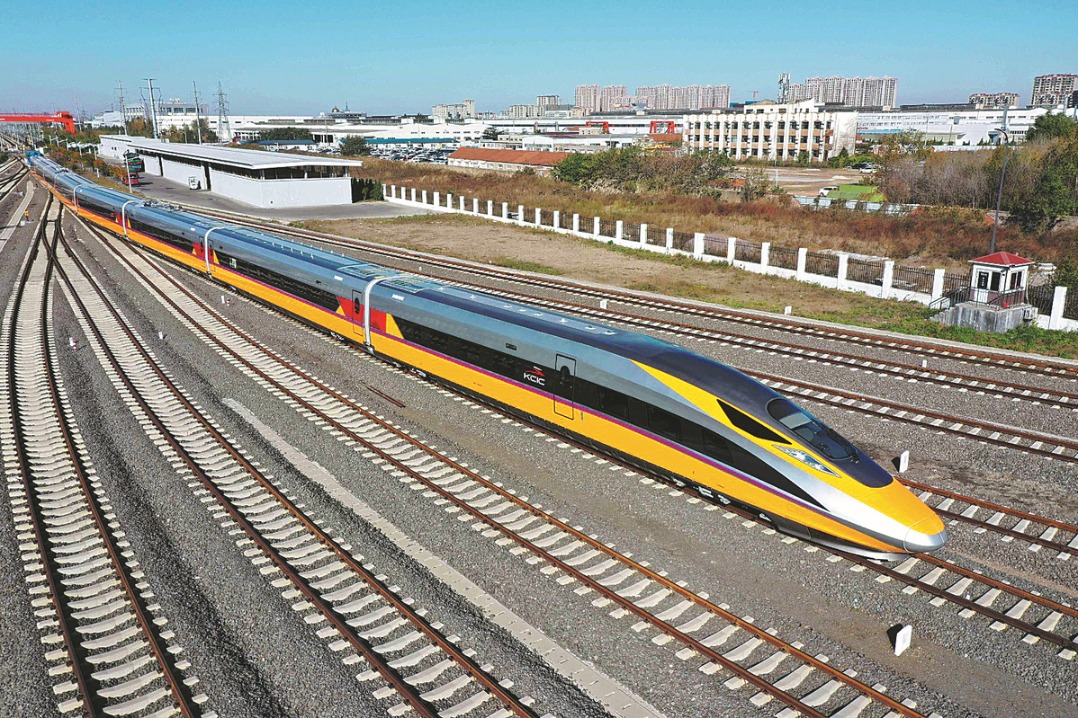Ball is still in White House's court: China Daily editorial

By describing it as "a small step" in correcting the US administration's wrong practice, the Chinese side has, in effect, directly responded to the US administration's move to exempt certain products, such as computers, chipmaking equipment and integrated circuits, from its "reciprocal tariffs".
And by saying that it is assessing the related impact of this move and urging the Donald Trump administration to "take a big step" forward in correcting its wrongdoing, Beijing has indicated its openness to talks. Although that is foretokened by the US side further unlocking the chains and shackles it has imposed on bilateral economic and trade relations. However, reports suggest that the exemptions are just temporary and are to be moved to "a different tariff bucket" covering the whole electronic supply chain.
Beijing has made its position crystal clear: If the US administration wages a trade war, it will fight to the end. If the US side wants to engage in fair and equal-footed talks, it will do so in good faith.
So the ball is still in the US' court.
It is clear to all sensible minds that it doesn't make sense to continue the tit-for-tat tariff hikes. But if the US side really looks forward to resuming trade talks with China, as it keeps intimating, it should return to the right path of resolving differences through mutual respect and equal dialogue and completely cancel the wrong practice of "reciprocal tariffs", as a Chinese Commerce Ministry spokesperson urged.
Regrettably, in the logic of the US administration, China's righteous stand against its economic coercion and trade bullying has even become an excuse for it to not reach out to Beijing. Reportedly, US President Donald Trump has told his team that China must be the first to make the move. It seems that despite the US side initiating the damaging tariff war, it is astounded that Beijing has chosen to stand and not deliver. Like any bully, it seems it believed that its intended victim would be intimidated into submission.
China's resolute standing its ground has also served to intensify the focus on the damaging effects the administration's tariff policy is having on the US economy. The more it pretends to have gained a coerced advantage in its trade relations with countries, the more imperative it becomes for the US to take remedial action, as neither the US financial industry, nor the US economy can sustain the unbearable suffering of the tariff war being waged against the whole world.
It has been amid a growing pushback from US companies, businesses and the consumers, the roller-coastering of the US stock markets and the weakening of the US dollar that the US administration has started easing its tariff policy by suspending much of it and exempting certain goods shortly after April 2.
In doing so, it has drawn back the curtain on the true nature of its so-called Liberation Day tariff attacks, which are nothing more than a smoke-and-mirrors "let's see what we can shake out from others move" to deprive China of its right to development.
But as the Chinese side pointed out, the US administration should realize that its tariff policy, instead of helping resolve the US' problems, has only seriously aggravated them. Instead of contributing to the formation of what it claims is intended to be a new fair world trade order, it has seriously undermined the international economic and trade order, disrupted the normal production and operation of enterprises, and affected people's well-being around the world.
China urges the US side to take seriously the voices of the international community and domestic parties urging it to see sense. The resolution of the deadlock of Sino-US trade relations should not be a test of which side can hold out the longer. It should be a process in which the two sides handle each other's core concerns responsibly, bearing in mind their common responsibility to maintain the stability of the global industry and supply chains. As Beijing has repeatedly reminded the US administration, there is no winner in a trade war and no way out for protectionism.

































